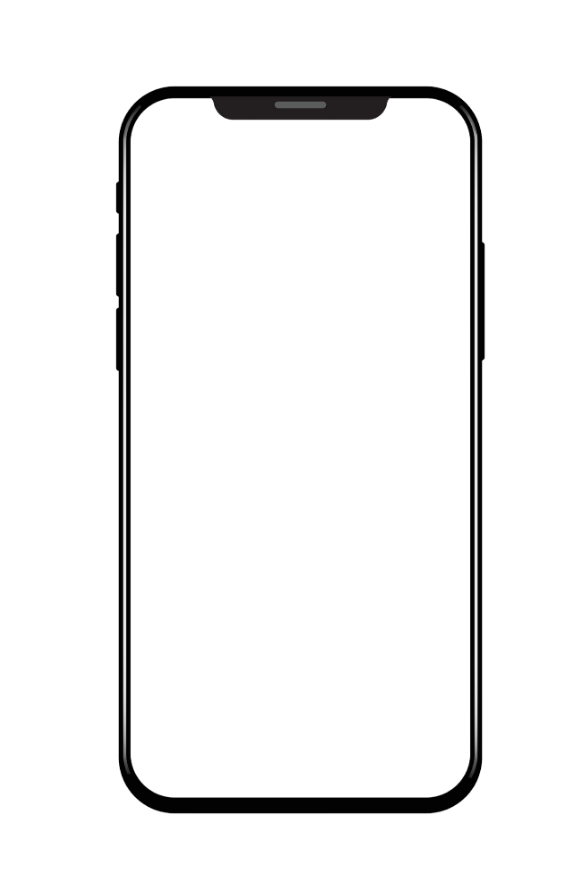Choosing between hard-shell and soft-shell chambers is a critical decision. Here’s a concise comparison, highlighting why hard-shell chambers are often the better purchase.
Hard-Shell Chambers
Hard-shell chambers, typically made of steel or acrylic, operate at higher pressures, often up to 3.0 ATA (atmospheres absolute). They’re found in medical facilities and some high-end home setups. These chambers are durable, built to withstand rigorous use, and meet stringent safety standards.
Advantages:
-
Higher Pressure: Hard-shell chambers can deliver 2.0–3.0 ATA, ideal for treating serious conditions like decompression sickness, chronic wounds, or neurological issues.
-
Durability: Constructed from robust materials, they’re long-lasting and resistant to wear.
-
Safety: They undergo rigorous testing, reducing risks like oxygen toxicity or fire hazards.
-
Medical Credibility: Often approved for clinical use, ensuring effective treatment protocols.
Soft-Shell Chambers
Soft-shell chambers, made of flexible materials like nylon, are portable and designed for home use, typically operating at 1.3 ATA. They’re less expensive and easier to set up but have limitations.
Advantages:
-
Affordability: Soft-shell chambers cost less, making them accessible for personal use.
-
Portability: Lightweight and collapsible, they’re easy to store or transport.
Drawbacks:
-
Lower Pressure: Limited to 1.3–1.5 ATA, they’re less effective for severe medical conditions.
-
Durability Concerns: Fabric materials wear out faster, requiring frequent replacements.
-
Safety Risks: Less robust construction increases risks of leaks or malfunctions.
Why Hard-Shell Chambers Are Better
For serious therapeutic needs, hard-shell chambers are superior. Their ability to reach higher pressures ensures better oxygen saturation in tissues, critical for conditions like traumatic brain injury or chronic infections. Studies, like those from the Undersea and Hyperbaric Medical Society, show higher pressures yield better outcomes for on-label indications. Hard-shell chambers also offer unmatched durability, reducing long-term costs despite higher upfront prices ($20,000–$100,000 vs. $4,000–$20,000 for soft-shell). Their medical-grade construction ensures safety and reliability, making them a trusted choice for clinics and dedicated home users.
Soft-shell chambers suit mild wellness goals, like athletic recovery, but their lower pressure and fragility limit their efficacy and lifespan. For consistent, high-impact therapy, investing in a hard-shell chamber is the smarter choice, offering long-term value and proven results.






